
Recommendation
The aftermath of a devastating world war brought about the creation of the European Union. It endured in the menacing shadow of the Soviet empire, then grew robustly after the Cold War. Economists seriously considered whether the euro could replace the dollar as the globe’s go-to currency. Then came Europe’s financial crisis. In this study of Europe’s halcyon past and, perhaps, its impending crash, American analyst James Kirchick paints Europe as a place whose best days have come and gone. He cites Great Britain’s departure from the EU as a troubling symptom that developed despite a massive outpouring of support for staying in from the United Kingdom’s political, cultural and economic mainstream. Kirchick details Europe’s seething resentment of Muslim immigrants and the troubling return of anti-Semitism. In the old days, bad actors like Germany admitted their mistakes, Kirchick writes. These days, Russia and Hungary are burnishing unsavory histories. In recent modern history, Europe produced leaders like Vaclav Havel, Lech Walesa and Margaret Thatcher. Now, angry populists such as Jean-Marie and Marine Le Pen, Viktor Orbán and Boris Johnson dominate the continent. Kirchick’s dire dissection doesn’t always hang together. On one page, he criticizes Europeans for too much political correctness. On another, he says it isn’t politically correct enough. And, of course, other analysts would wonder if a system that endured so much turmoil can really be on its last legs. While his forecasts seem too bleak, Kirchick provides a thoughtful, engaging look at a continent facing existential questions.
Summary
About the Author
James Kirchick, a fellow at the Foreign Policy Initiative in Washington, is a correspondent for The Daily Beast. His work has appeared in The Washington Post, The Weekly Standard and The Wall Street Journal.








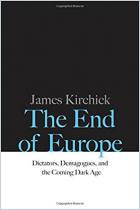
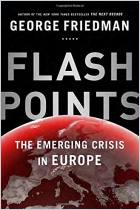
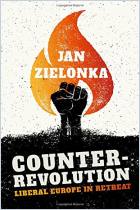
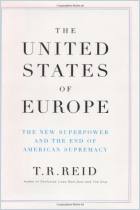
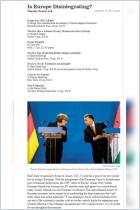
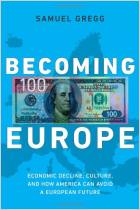

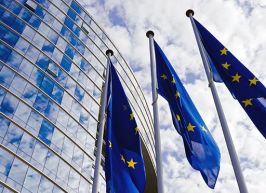
Comment on this summary